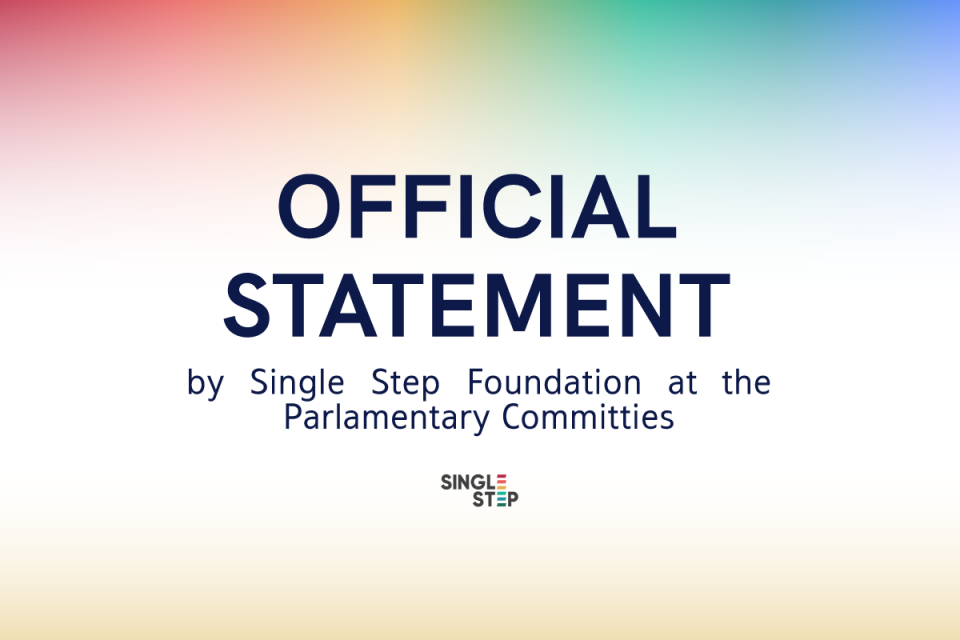
We Starting Our Own Podcast
25.03.2020
The Second Episode Of Our Podcast Is Now Online
01.04.2020
The Communities At The Centre Of Our Care
It has emerged from the history of the HIV epidemic that any response to the current crisis will only be effective when the affected communities have a significant stake in crisis management measures. The best way to participate in these measures and to control our own health, and the health of those around us, is to stand in solidarity with social isolation and quarantine.
The concept of what does an affected community mean, can be different in every epidemic. In the context of COVID-19, everyone is at risk, but people with chronic illnesses may be at greater risk. This also applies to other people at risk – health professionals, the elderly or those who do not take preventative measures and underestimate the risk.
The European AIDS Clinical Society (EACS) has issued a joint statement with the British HIV Association saying that there is currently no evidence of a higher rate of infection with COVID-19 or a different course of illness for people with HIV, compared to HIV-negative people. The present data indicates that the risk of severe COVID-19 course increases with age, with being male and with having certain chronic medical conditions such as cardiovascular disease and diabetes. Although people with HIV who are treated, have normal CD4 T-cell counts and suppressed viral load, may not be at increased risk of serious illness, many people with HIV have other conditions that increase their risk. In fact, almost half of the people living with HIV in Europe are over 50 years of age and chronic medical problems such as cardiovascular and chronic lung disease are more common in people living with HIV.
It must be assumed that the immune suppression indicated by low CD4 T cell counts (<200 / µl) or rejection of antiretroviral therapy can also be associated with an increased risk of more severe manifestation of the disease (COVID-19). There is no data about pregnancy or potential perinatal transmission in the context of HIV.
COVID-19 and antiretroviral agents
Discussions and studies are currently underway around some HIV antiretroviral agents that may have some activity against COVID-19. The first randomized clinical trial with Lopinavir / Ritonavir did not show better results than standard treatment in 199 hospitalized adults with severe COVID-19. There is no evidence to support the use of other antiretroviral agents, including protease inhibitors; indeed, the structural analysis does not demonstrate the binding of Darunavir to the COVID-19 protease.
Here is currently no data to justify the change of usual antiretroviral therapy to patients. Furthermore, there is currently no evidence to support the idea of HIV-negative individuals taking antiretroviral agents outside the context of pre-exposure prophylaxis (PrEP). PrEP should be taken as prescribed and there is no evidence that it is effective against COVID-19.
A drug interaction website has recently been developed for experimental drugs that are being tested for the treatment of COVID-19 in different parts of the world.
Single Step’s team remains in solidarity with our community and will continue to keep you informed of developments on the topic. In the meantime, we offer you a quick guide to HIV positive individuals in the context of the COVID-19 epidemic. The handbook was created by the United Nations AIDS Fund (UNAIDS) and was translated in Bulgarian and adapted for our context.
Feel free to contact us if you have any questions or concerns about this topic. ; 0886 74 65 60;




